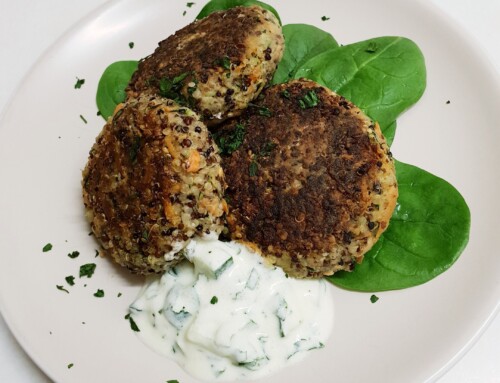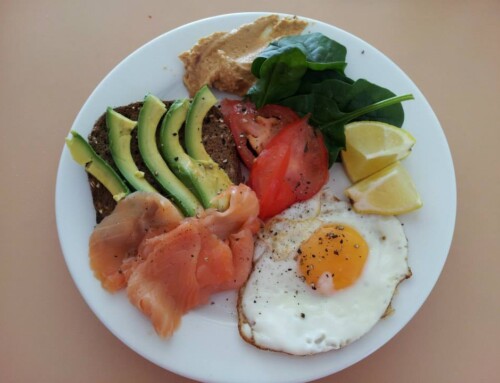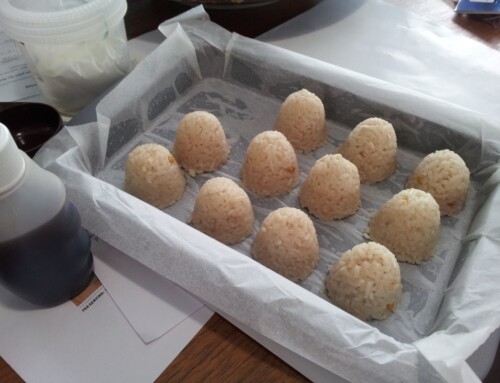It’s that time of year with some super exciting ultramarathons coming up –Six Foot Track and UTA are just a couple of goodies! Whether it is your first ultramarathon, or you’ve been an ultra-runner for some time now, now is the time to consider how you are going to fuel any upcoming events. Actually, there is never a time too early to start thinking about this, and so if you don’t have anything on the horizon, this still applies to you! Today’s topic? Fuelling the long run.
First of all, what is ‘long’? In sports nutrition terms, a long run is anything over 90 minutes for most instances. We can generally get by for up to an hour and a half of running at a moderate intensity without any fuel, as we have enough stores in the body to get us through. BUT, our carbohydrate fuel stores are only limited. If you want to maintain that same intensity for longer, taking on fuel is the way to go. Sure, you could run for WAY longer if you use fat as a fuel as we have a ridiculously abundant amount of fuel stored as fat in our bodies, even the leanest of athletes. But to run long and maintain a moderate to high intensity, or to run on a trail, which by the nature of it has periods of high effort (think steep inclines, stairs, fleeing from snakes), carbohydrate fuel is used and therefore needs to be consumed. Without it you could well ‘hit the wall’ eventually. Not to mention the extra stress that running ‘depleted’ will put on your body and your immune system.
How much fuel is enough?
The exact amount of fuel will depend on your level of training, the intensity and duration of your run, the temperature, altitude, your diet before the run, your everyday diet…the list goes on. However, as a starting point, around 30 g carbohydrate per hour is reasonable for a training run (approximately one gel every 45 mins). Most people would need more than this on race day, and so building up to what is ideal for race day (typically between 60 – 90 g carbohydrates per hour) is recommended. Again as a general guide, your race day fuelling might be around 1 gram of carbohydrate per kg of body weight, per hour. For example, a 70 kg person might need up to 70g carbohydrate per hour.
Some things to remember:
• Don’t overload yourself with carbs every run. For long, slow runs you don’t need as much fuel on board and it is an opportunity to train your body to burn more fat to rely less on carbs.
• The gut can be trained to take up fuels more efficiently. If it doesn’t work the first time, reduce the load slightly and try again.
• The same training principles apply to sports nutrition, as they do to physical fitness training. That is, you need a progressive increase in ‘load’. In physical training, that is the volume of work – the kilometres, the speed, the distance that is run each week. With nutrition, you can train your gut to tolerate a larger ‘load’ over time – that is, the amount and type of fuel you consume.
For more individualised advice around fuelling for training or races, Sophie is available for consultations and RMA members of the 2020 RMA member benefit program receive a 10% discount of their fees. You can contact Sophie at “The Running Dietitian”.







Leave A Comment